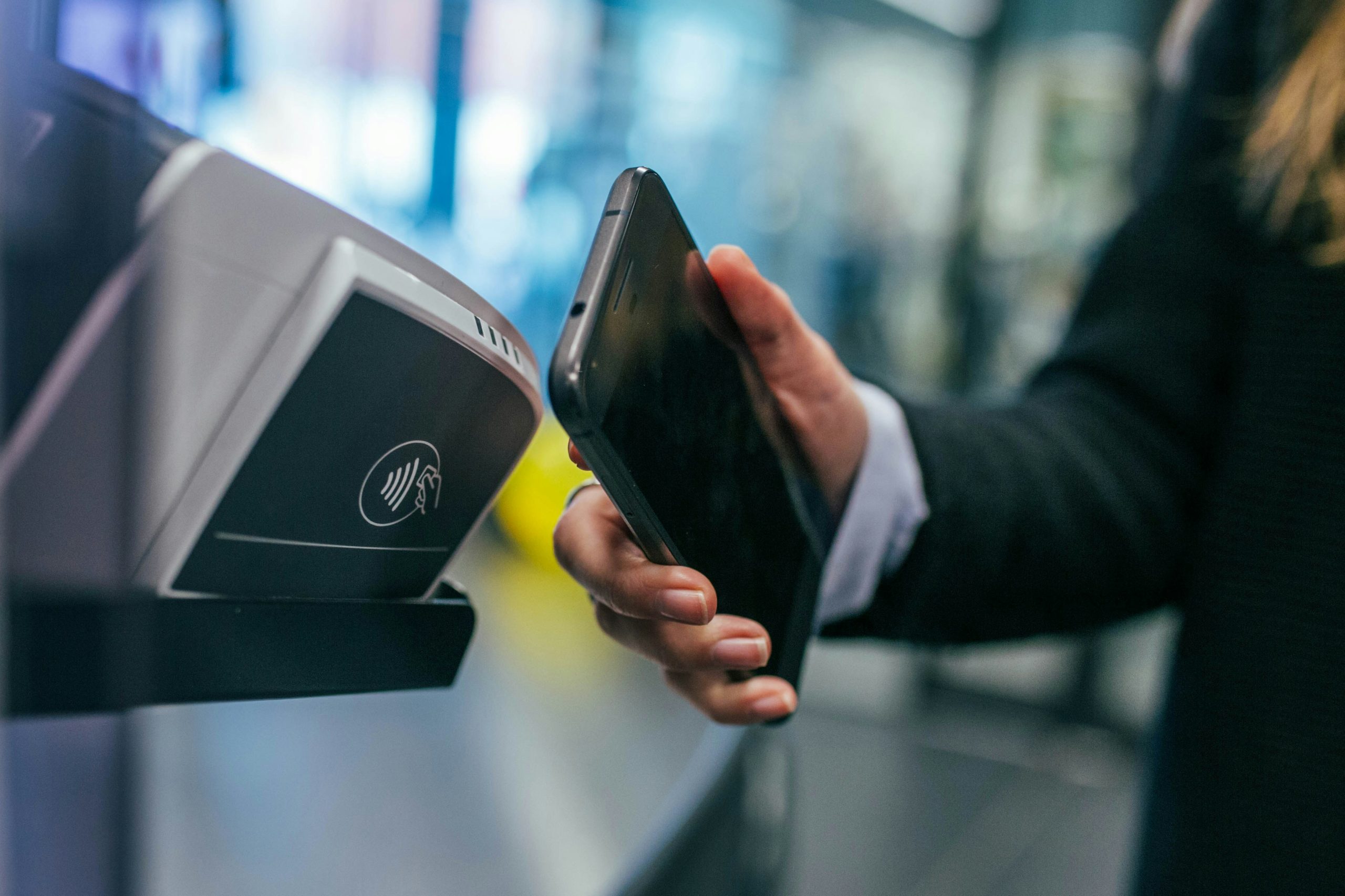In an era where digital transactions have become the norm, the convenience of mobile payment apps like PhonePe has transformed how we manage our finances. However, what happens when your trusted app suddenly denies you access? If you’ve found yourself staring at a Your account is blocked for security reasons message, you’re not alone—and the frustration is palpable. This situation can feel akin to being locked out of your own home; familiar yet utterly perplexing.
But before you start panicking or contemplating drastic measures, it’s important to understand that this blockage is often a protective mechanism designed to safeguard your money and personal information. In this article, we’ll explore the reasons behind these security measures, unravel the complexities of what triggers an account lockout, and provide practical steps to regain access while ensuring your financial safety remains intact. So let’s delve into the world of fintech security and uncover why your PhonePe account might be on lockdown!
Importance of identity verification process
Identity verification is a crucial step in safeguarding your financial assets and personal information, particularly in an era where digital transactions dominate. The rise of online fraud has amplified the need for robust security measures to protect users from unauthorized access and identity theft. By implementing a thorough identity verification process, platforms like PhonePe can ensure that the person accessing an account is indeed its rightful owner, minimizing the risk of fraudulent activities.
Moreover, effective identity verification fosters trust among users. When customers know that their platform takes security seriously, they are more likely to engage confidently in transactions without fearing for their sensitive data. This trust extends beyond the individual user; it enhances the overall integrity of the digital payment ecosystem as a whole. Ultimately, while encountering account blocks may be inconvenient, these checks serve as a reminder that protecting privacy and finances often requires stringent measures—a necessary trade-off for ensuring peace of mind in our increasingly interconnected world.

Impact of failed login attempts on account
Failed login attempts can raise red flags for any online platform, particularly for sensitive financial services like PhonePe. Every unsuccessful attempt to access your account triggers a series of automated security protocols designed to protect your information. While this may seem frustrating, it’s a necessary safeguard against unauthorized access. Each failed login not only increases the risk of potential breaches but also signals to the system that something unusual might be happening with your account.
Moreover, frequent failed login attempts can lead to temporary blocks or even permanent suspensions as part of a broader effort to mitigate risk. This is especially relevant in today’s landscape where cyber threats are evolving rapidly and user data is increasingly targeted by malicious actors. Implementing strong authentication measures ensures that genuine users can easily regain access while blocking those with ill intentions. Thus, understanding the balance between securing your account and ensuring you have smooth access is vital—consider enabling features like two-factor authentication (2FA) or using biometrics for an added layer of protection without compromising convenience.
Key terms that could lead to blocking
One common reason for blocking a PhonePe account revolves around the use of key terms that signal potential security risks. Words or phrases associated with fraud, hacking, or suspicious financial activity can trigger an automatic review process by the system. For example, repetitive usage of terms linked to high-risk transactions, such as “money laundering” or “unverified transfers,” could raise red flags and lead to immediate action.
Moreover, users might not realize that their chat history containing sensitive vocabulary—like loan, gift, or even mentioning specific cryptocurrencies—can inadvertently contribute to suspicions surrounding their account activities. This is particularly pertinent in a digital landscape where scammers are continually evolving; the algorithms behind platforms like PhonePe are designed to err on the side of caution. By understanding these key terms and refraining from using them casually within messaging features or transaction notes, users can significantly reduce the likelihood of having their accounts flagged or blocked for security reasons.

How PhonePe communicates security concerns
PhonePe employs a multifaceted approach to communicate security concerns, ensuring users remain informed while maintaining a high level of trust. When a user’s account is flagged for suspicious activity, the app utilizes immediate notifications and alerts that clearly outline the reason for blocking. This proactive communication strategy not only addresses safety but fosters user awareness about potential threats, encouraging proactive engagement with their account security.
Moreover, PhonePe leverages in-app messaging and email correspondence to provide detailed guidance on how to recover access safely. These messages emphasize the importance of strong passwords and two-factor authentication as essential tools in safeguarding their financial transactions. By fostering an education-first mindset towards digital safety, PhonePe empowers users to take charge of their own security measures rather than leaving them reliant solely on platform interventions.
Additionally, the company maintains transparency by regularly updating its privacy policy and sharing insights into new features designed to enhance user protection. This ongoing dialogue reinforces community trust; when users feel informed about both risks and mitigative strategies, they’re more likely to participate actively in protecting their accounts. Through these efforts, PhonePe not only addresses immediate concerns but also contributes to building a more security-conscious user base overall.
Actionable steps for users to follow
If your PhonePe account has been blocked for security reasons, taking prompt and informed action is crucial. Start by visiting the official PhonePe app or website to review any notifications regarding your account status. Often, these messages contain specific steps needed to resolve the issue. Pay close attention; sometimes, you might need to verify your identity by submitting documents like an ID proof or a selfie.
Next, ensure that your contact information linked to the account is up-to-date. An outdated phone number or email can hamper verification processes and delay unblocking. After updating this information, proactively reach out to PhonePe’s customer support through their live chat feature or helpline for faster resolution. Persistence pays off—if initial attempts don’t yield results, try contacting them during off-peak hours when response times may be quicker. Additionally, it can be helpful to check community forums or social media discussions about similar issues; often, users share tips that could lead you closer to unlocking your account with minimal hassle.

Tips to avoid future account issues
To steer clear of future account issues with PhonePe, maintaining vigilant account hygiene is paramount. Begin by regularly updating your app to the latest version. Developers continuously work on security enhancements, and keeping your app updated ensures you benefit from these improvements. Additionally, select strong passwords that combine letters, numbers, and symbols; avoiding easily guessable information like birthdays or common phrases can substantially fortify your account against unauthorized access.
Monitoring your account activity plays a crucial role in early detection of suspicious transactions. Make it a habit to review all transaction notifications promptly – if something seems off, act swiftly by contacting customer support. Another effective measure is enabling two-factor authentication (2FA); this adds an extra layer of security that makes unauthorized access significantly more difficult. Lastly, educate yourself about potential phishing scams that could compromise not just your PhonePe account but all your online accounts; staying informed can empower you to detect and avoid threats before they escalate into serious issues.
Conclusion
In conclusion, encountering a blocked PhonePe account can feel frustrating and disheartening, but it’s essential to view this as a protective measure designed to keep your financial information safe. The security protocols implemented by PhonePe serve as a reminder of the growing importance of digital safety in our lives. Instead of focusing solely on the inconvenience, consider this an opportunity to take proactive steps toward enhancing your online security practices.
Navigating the reactivation process may be cumbersome, but it can also empower you with a greater understanding of managing your digital assets responsibly. As we become increasingly reliant on mobile payment platforms, cultivating awareness about potential risks can equip us with the knowledge needed to safeguard our accounts effectively. It’s crucial to remain vigilant—regularly updating passwords, enabling two-factor authentication, and monitoring transaction activities are just a few ways to stay ahead against potential threats in the ever-evolving landscape of digital finance. Embrace these challenges not merely as setbacks but as vital lessons in mastering your financial wellbeing in today’s tech-driven world.





